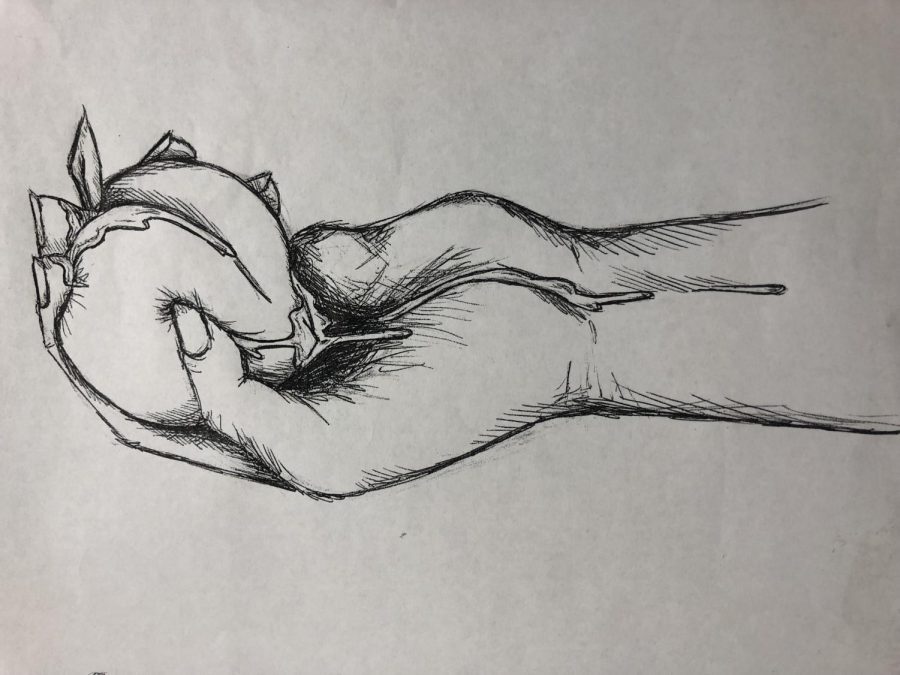Let’s talk about sex. The good, the bad and the gossip.
Over the past year, California and Butte County have experienced an alarming increase in STI rates. Chlamydia is the most reported in Butte County.
According to a report by the California Department of Public Health, “In 2017, the rate of chlamydia was 552.2 cases per 100,000 Californians.”
In case you are ignorant and continue to believe this could never affect you, chlamydia is a bacterial infection that usually does NOT present any symptoms.
This is especially important for college students who take joy in sexual activities. Yes, including hookups.
Gossip is, there is a continuous stigma that never goes out of trend. STIs are socially stigmatized to be negative. To this day, individuals are judged and belittled for being infected with a sexual disease.
This negative stigma derives from individuals judgment on sex. When a known individual has an STI, there is an automatic negative reaction that leaves a million thoughts and questions running through someone’s head.
An assumption many like to make is that individuals with an STD have had multiple partners. Not true. Unfortunately, most cases are reflective of the following:
No protection
Undetected by lack of symptoms
These stigmas are foolish and counteractive because it prompts individuals to feel shame at the result of a positive detection. This makes silence their biggest affiliate.
It CAN be you
Who is affected?
STDs can affect anyone regardless of their gender, race, religion, or beliefs. No one person has a greater advantage of the others unless protected or absent from sex.
Can an individual with an STD lead a normal life?
Yes. Educate yourself. An STD is an infection that in some cases can be highly treatable. Individuals often blow things out of context. Ease the tension by researching ways to protect you and your partner.
Does having an STD mean you have had multiple partners?
Absolutely not. It only takes a single sexual partner to end up with an STD. In some cases, it does take any at all. In some cases, some were born with an infection caused by parenthood benefactors. Having an STD simply indicates you more than likely did not practice safe sex.
How do you know you have an STD?
STDs like to creep up without indication or notice. Which is why it is advised individuals get regularly checked if sexually active. But, because people normally do not experience symptoms they deny having an STD and risk spreading.
Individuals should become educated on the issue to reduce the total stigma and statistics of STDs. There should be no shaming or judgment placed upon individuals who deserve to live a life without embarrassment. Individuals need to know there is a treatment to help those affected. By doing so, we are promoting screening.
So before you go to judge on how “nasty” STDs are, check yourself. Again, it CAN be you.
Janette Estrada can be reached at [email protected] or @Jane_11e on Twitter.









